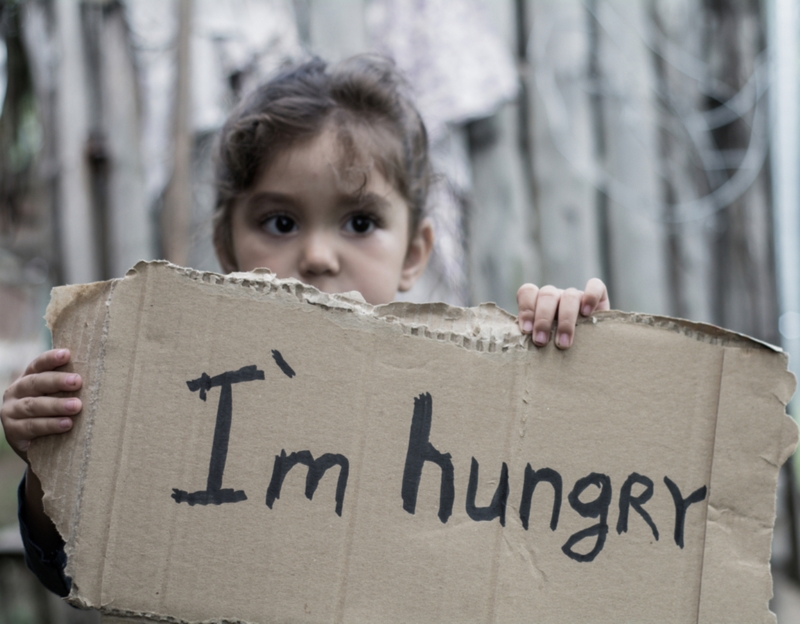According to the latest State of Food Security and Nutrition in the World (SOFI) report, global hunger affected 733 million people in 2023, equivalent to one in eleven people worldwide and one in five in Africa. Published by five United Nations agencies, the report highlights that hunger levels have remained stubbornly high for three consecutive years, with significant regional disparities. Africa, for instance, has seen a sharp rise, while Asia and Latin America have experienced stability and slight progress, respectively.
The report warns that the world is falling behind in achieving the Sustainable Development Goal (SDG) 2—Zero Hunger by 2030, with global crises like conflict, climate change, and economic downturns exacerbating food insecurity. Currently, around 2.33 billion people face moderate or severe food insecurity, and a staggering 864 million have gone without food for an entire day or more.
The report’s theme, “Financing to End Hunger,” calls for a multi-faceted approach, emphasising the need for increased and innovative financing to transform agrifood systems and address global malnutrition. Leaders of the UN agencies stress the urgency of mobilising resources to ensure affordable, nutritious diets for all.


